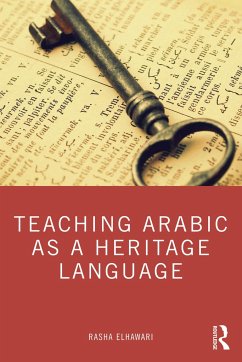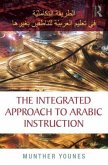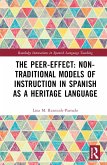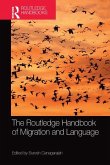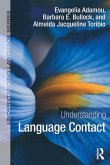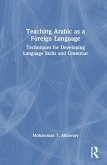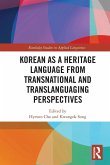Teaching Arabic as a Heritage Language is a practical guide to Arabic pedagogy for Heritage Learners of Arabic.
Exploring the teaching of Arabic as a foreign language (TAFL) in North America and Europe, it covers sociocultural topics such as diglossia and religion alongside theoretical approaches to Heritage Language Learning. It also provides a new and detailed definition of the heritage language learner (HLL) of Arabic. The role of the professor and the material are explored to ensure a successful learning experience. The latest advances in HLL are considered together with the recent and recommended changes in classroom practice, giving rise to the recognition of the individual needs of heritage learners.
This is an indispensable resource for instructors, researchers, and students in the fields of TAFL and TASOL, as well as linguists interested in Arabic language learning and teaching.
Exploring the teaching of Arabic as a foreign language (TAFL) in North America and Europe, it covers sociocultural topics such as diglossia and religion alongside theoretical approaches to Heritage Language Learning. It also provides a new and detailed definition of the heritage language learner (HLL) of Arabic. The role of the professor and the material are explored to ensure a successful learning experience. The latest advances in HLL are considered together with the recent and recommended changes in classroom practice, giving rise to the recognition of the individual needs of heritage learners.
This is an indispensable resource for instructors, researchers, and students in the fields of TAFL and TASOL, as well as linguists interested in Arabic language learning and teaching.

